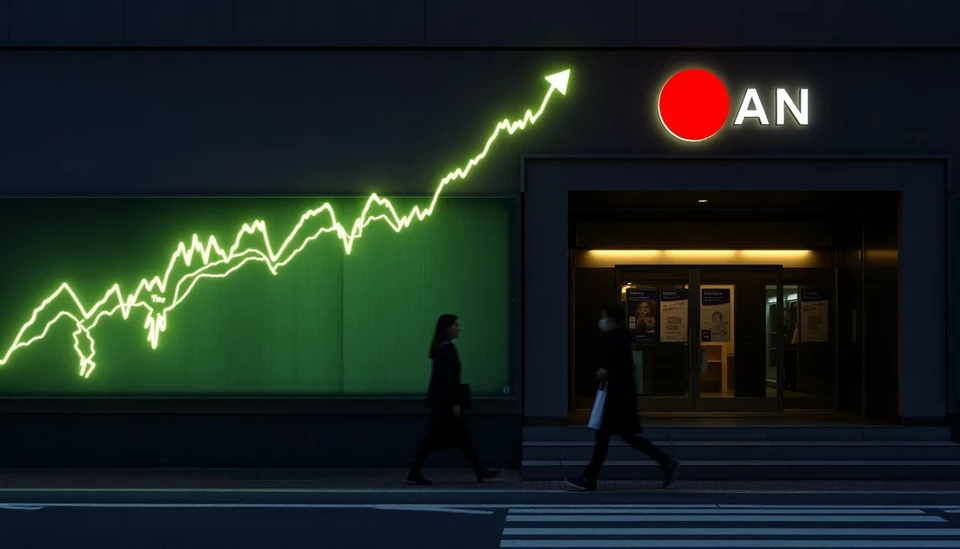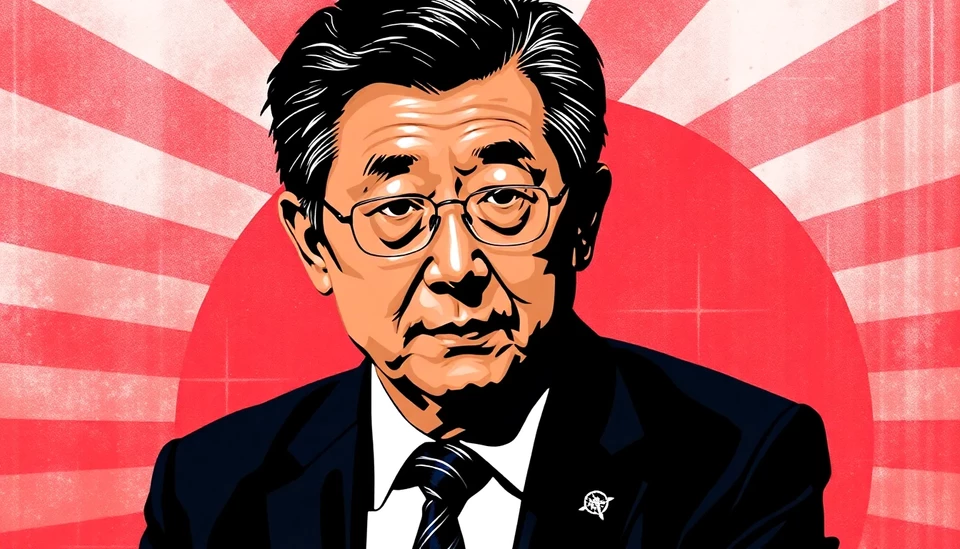
In a development that has significant implications for both local and global economies, Japan's inflation rate has witnessed an unexpected acceleration. The latest data reveals that consumer prices in the country continued to rise in January, maintaining a trajectory that could prompt the Bank of Japan (BOJ) to implement further interest rate hikes in the near future.
The government reported that the core consumer price index (CPI), which excludes fresh food prices, surged by 4.2% in January from a year earlier. This marks an increase from 4.0% in December and is indicative of increasing cost pressures faced by Japanese households. Such sustained inflationary trends have raised questions about the BOJ's long-standing policy of maintaining ultra-low interest rates.
Market analysts have noted that this rise in inflation reflects a mix of lingering pandemic impacts, supply chain disruptions, and increased energy prices, among other factors. The Bank of Japan has been in a cautious stance regarding its monetary policy, aiming to support economic recovery while also contending with rising prices.
The central bank's Governor, Kazuo Ueda, has hinted at a possible shift in policy, stating that the BOJ is prepared to adjust its approach if inflation stabilizes above the 2% target. This is a notable departure from the approach taken in previous years, whereby the central bank focused on achieving sustained inflation before making any significant policy changes.
In light of the latest inflation figures, economists are now predicting that the BOJ may be forced to act sooner than expected, possibly raising interest rates in the latter half of 2025. As a response to these changes, the Japanese yen has seen fluctuations in foreign exchange markets, highlighting the global reverberations of domestic economic policy shifts.
Additionally, as inflation remains a focal point for discussions among central banks around the world, Japan's actions could set a precedent that influences monetary policy decisions in other major economies. The ongoing developments in Japan serve as a case study for how nations navigate post-pandemic economic recovery amidst inflationary pressures.
Investors and market watchers are keeping a close eye on any signals from the BOJ that might indicate a change in the monetary policy trajectory. The anticipation surrounding possible interest rate hikes has led to increased volatility in the stock markets, with industries directly affected by interest rates, such as real estate and financial services, particularly on alert.
In summary, Japan's inflation is not just an internal economic issue; it has significant implications for global markets and could catalyze a shift in central banking strategies worldwide. As the situation continues to evolve, stakeholders across the financial spectrum will remain vigilant for signs of how the Bank of Japan will respond to these growing economic pressures.
#JapanInflation #BankofJapan #InterestRates #Economy #GlobalMarkets #FinancialNews #CPI #InflationTrends #KazuoUeda
Author: Rachel Greene

